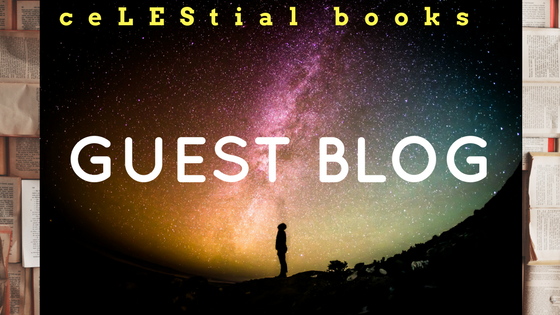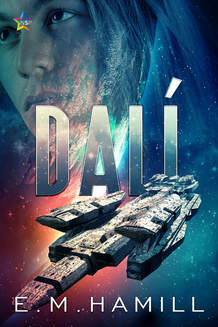
Hazaar desperately wants to break with her traditions and stay with Charlie, but when forced to choose, she chooses her family over love. When she realizes the choice she made is the worst one possible, it’s too late.
Years later, while working in Pakistan as a diplomat and negotiator, Charlie receives a phone call from a woman who says her British sister-in-law is to be killed for the family’s honor and asks if someone can save her.
Charlie and Hazaar are on a collision course with destiny. If they make it out alive, can they believe in their love once again? (Goodreads)
When this book was recommended to me by a friend of mine, she said that the novel had stayed with her for days upon finishing it. I can understand why.
This novel is ambitious in its thematic scope. It explores oft misrepresented elements of Islam, the interconnected and complex nature of religious zealotry and cultural tradition, as well as the oxymoron that is a family that somehow manages to both love and oppress. The author does an excellent job of handling all of these issues. I was particularly impressed by the respectful and well-researched management of Islam. As someone who teaches Studies of Religion to senior school students (though I myself am not religious - so I can't claim to be an expert), I found the discussions between characters that delved into the issue to be extremely well managed. This is the sort of writing I'd like to see more of. The kind that challenges us to think, to feel, to be.
It's also refreshing to read a novel that has a strong element of cultural diversity - without suggesting that everyone within a religious or cultural setting expresses their beliefs in the same ways. People in Pakistan are a mix of outright altruistic and beautiful (Amira!) and shockingly brutal. And as Charlie points out to Kenzi, it's the same everywhere, though the name given to violence in one place may be different to the name it is given in another.
The dual timeline in the novel did its job. Switching between 'The North of England - Then' and 'Pakistan - Now', built a great deal of suspense. It drove me crazy sometimes, because I'd want to know what happens next in the other time line. That said, ideas and experiences are unveiled as they should be for the sake of masterful storytelling.
I only found a couple of aspects that I didn't enjoy overall, and these didn't reduce my ***** rating of the novel. Personally (and really - this is about reader preference), I didn't find the graphic sex scenes to be in keeping with the tone of the book. Charlie and Hazaar's relationship needed to be firmly explored before the action of the second half of the novel unfolds, yet the almost reverent atmosphere of the entire story made those scenes feel out-of-place to me.
I'd like to point out the following to readers just in case these factors may make you uncomfortable. The novel includes scenes of torture that are confronting, as torture always would be. The scenes do an amazing job of enhancing the characterisation though, and don't seem to be there just for the sake of "shock value," which helped me deal with them as best as I could. The novel definitely elicited a powerful emotional response from me - that's for sure. As a parent, I really struggled with the last few chapters. I won't mention anything that'll spoil the story too much, but just be aware that if you have raised kids, you may be like me and feel a bit sick during a couple of the chapters.
Nightingale is a fantastic, intense, and poignant novel that is well worth reading.



 RSS Feed
RSS Feed

